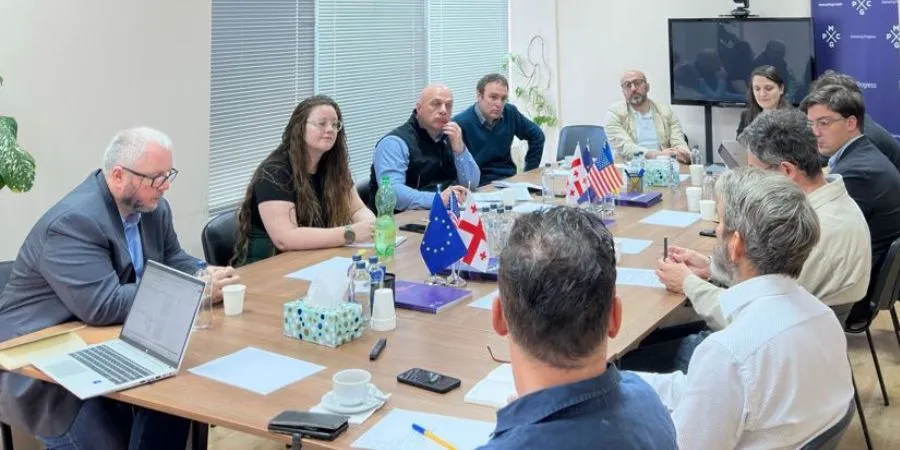The USAID Georgia Onboarding Training Program

USAID Caucasus;
Georgia;
USAID;
26.09.2023
29.12.2023
Caucasus;
The USAID Georgia Onboarding Training Program is designed to provide incoming and recently arrived personnel at USAID with essential contextual knowledge about Georgia. It targets individuals who assume leadership positions and engage extensively with diverse stakeholders within Georgia in the fulfilment of their responsibilities.
The primary purpose of this program is to equip participants with a profound understanding of Georgia’s political, socioeconomic, and cultural landscape. The knowledge acquired is intended to facilitate their effective adaptation and integration into their new roles and environment.
The Program strives to furnish international diplomats with an extensive and nuanced comprehension of Georgia’s multifaceted dynamics. This understanding is expected to enable them to engage effectively, make informed decisions, and contribute positively to the efforts of USAID and other relevant agencies, focusing on regional stability and international cooperation concerning Georgia.
It pursues the following objectives:
Comprehensive Knowledge: The Program endeavors to provide participants with a well-rounded knowledge of various aspects of Georgia. This includes its political landscape, socio-cultural peculiarities, economic opportunities and challenges, foreign relations, and historical context.
Empowerment: The Program intends to empower USAID’s staff to navigate complex issues, foster respectful interactions with local stakeholders, and contribute effectively to diplomatic endeavors that support Georgia’s development, sustainability, and regional relationships.
PMCG has designed a thorough and engaging training program that covers a wide range of topics, while placing an emphasis on a participatory and interactive approach. The key focus of the training is on creating an environment where participants feel comfortable to share their thoughts and engage in meaningful discussions. Moreover, these discussions will embrace diverse positions and perspectives and provide deep insights into complex topics, while encouraging critical thinking and collaboration.
To accomplish its objectives, the Program is founded on the following key principles:
- Preparation: Pre-training assessments are conducted to tailor content to participants’ needs.
- Diverse Learning Techniques: Various methods such as lectures, discussions, case studies, and interactive activities are used to accommodate different learning styles.
- Expert Involvement: Lead consultants are designated for each module, while subject-matter experts are engaged as trainers, thereby ensuring the content’s alignment with trainees’ needs.
- Panel Discussions: Experts and officials host and/or partake in discussions to encourage open dialogue.
- Participatory Learning: Active participation is encouraged, including through group discussions and Q&A sessions.
- Real-life Scenarios: Case studies are referred to in order to illustrate the practical application of certain concepts.
- Course Evaluation and Feedback: The critiques of participants are welcomed and taken into account to enhance the learning experience.